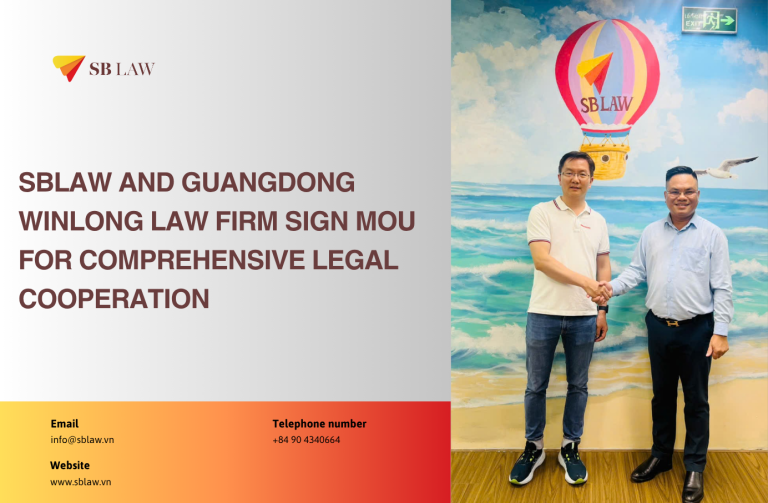Question:
Our company is a joint stock company with foreign shareholders (holding 35% of shares). We would like to review legal issues related to voting rights, information access rights and the right to convene the General Meeting of Shareholders (GMS) of this shareholder to standardize the Charter and ensure transparency in internal management. Can SB Law provide advice?
Answer:
According to the Law on Enterprises 2020 and the prevailing practice in Vietnam, the rights of foreign shareholders are not distinguished on the basis of nationality. However, the following legal considerations should be taken into account to ensure compliance and mitigate disputes:
(1) Voting rights and minority shareholder groups: With a 35% ownership stake, a foreign shareholder possesses full voting rights, the right to nominate members to the Board of Directors (BOD), and the ability to block certain key resolutions (e.g., changes to business lines, issuance of new shares, mergers or consolidations). At the same time, the shareholder qualifies as a “major shareholder group” under Article 115.2 of the Law on Enterprises 2020, thereby having the rights to:
- Convene an extraordinary General Meeting of Shareholders (GMS);
- Propose the adoption of resolutions by the GMS;
- Request access to corporate records and documents.

(2) Right of access to information: The company’s Charter should explicitly set out the shareholders’ rights to access corporate documents, including meeting minutes, financial statements, contracts, and resolutions of the BOD. This prevents “information blackout” situations, which may trigger international complaints or investment disputes.
(3) Restrictions on share transfers and veto rights: In the absence of Charter provisions protecting minority shareholders or requiring a “supermajority” vote for certain resolutions, the foreign shareholder may lack the ability to veto decisions that adversely affect their rights (e.g., dilution of ownership ratio).




